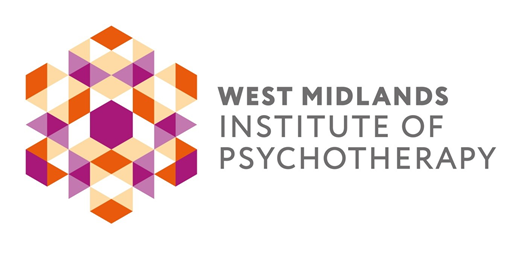What is Depth psychology?
Depth psychology is a psychological approach that explores the unconscious mind and the underlying dynamics that influence human behavior, emotions, and experiences. It focuses on understanding the deeper layers of the psyche beyond conscious awareness, including unconscious motivations, desires, conflicts, and symbolic meanings.
Key concepts in depth psychology include:
-
Unconscious Processes: Depth psychology posits that much of human behavior is driven by unconscious processes, including repressed memories, desires, and unresolved conflicts. By exploring these hidden aspects of the psyche, individuals can gain insight into the root causes of their thoughts, feelings, and behaviors.
-
Archetypes and Symbols: Depth psychology acknowledges the presence of archetypes, universal patterns or symbols that emerge from the collective unconscious and influence human behavior and culture. These archetypes manifest in dreams, myths, and cultural symbols, providing insights into the deeper layers of the psyche.
-
Dreams and Imagery: Depth psychologists interpret dreams and other forms of imagery as expressions of the unconscious mind. Dreams are seen as a symbolic language through which the unconscious communicates with the conscious mind, offering valuable insights into unresolved issues, conflicts, and psychological patterns.
-
Psychotherapy and Self-Exploration: Depth psychology forms the foundation of various psychotherapeutic approaches, including psychoanalysis, Jungian analysis, and psychodynamic therapy. These therapies aim to explore and resolve unconscious conflicts, promote self-awareness, and facilitate personal growth and transformation.
Overall, depth psychology offers a rich and multifaceted framework for understanding the complexities of the human psyche and promoting psychological healing, self-discovery, and personal development.

